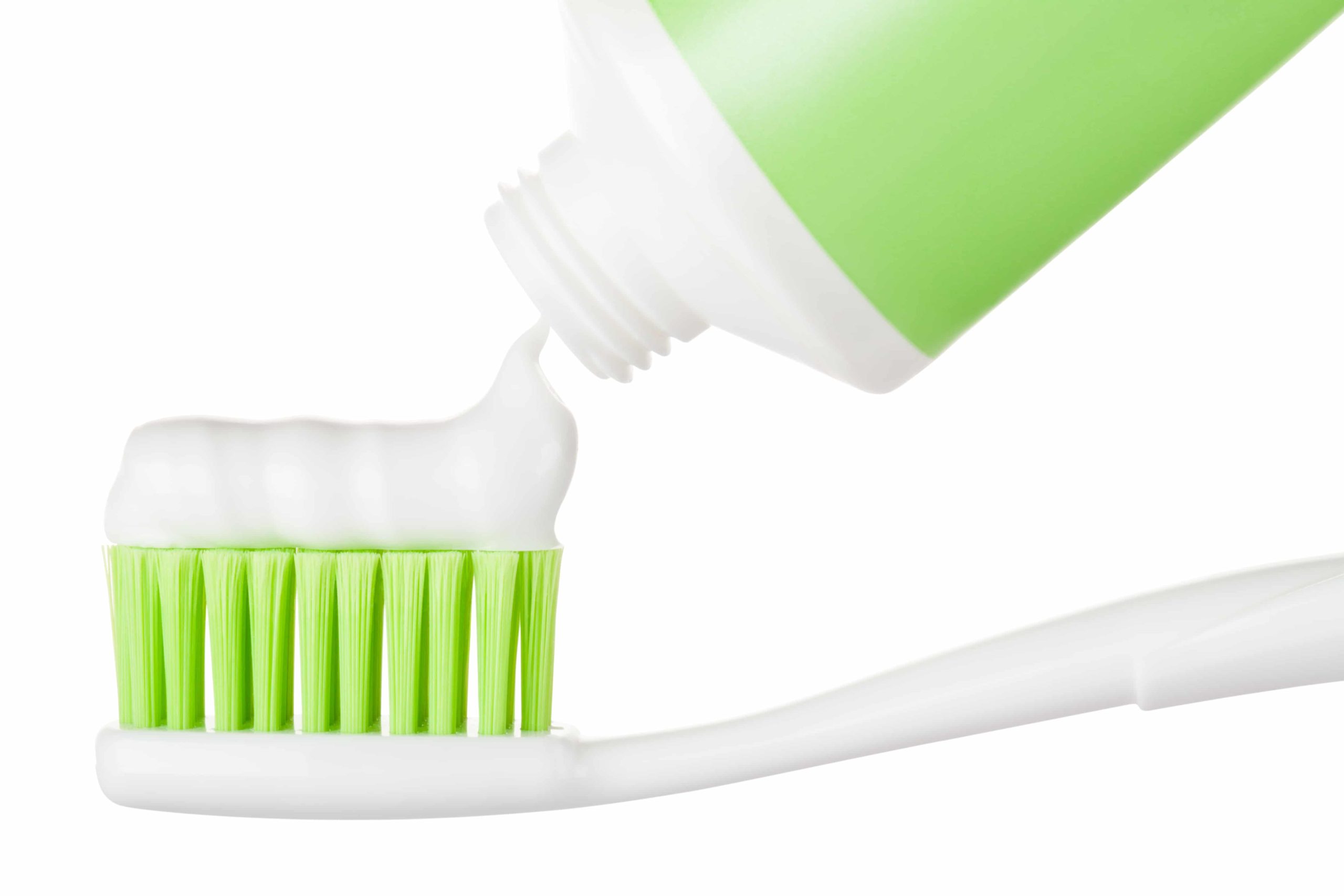As you are likely already well aware, brushing your teeth twice daily is absolutely essential to establishing and maintaining optimal oral health. What you may not know is that the type of toothpaste you use to brush your teeth with is just as important as the frequency of and technique you use while brushing. Failing to use toothpaste, or the right sort of toothpaste, when brushing your teeth could be likened to failing to use soap, or good soap, when washing your body–it simply doesn’t work well. However, trying to choose the best toothpaste for your needs can be nothing short of overwhelming when you consider the seemingly endless options before you. Fortunately, we are here to help.
Toothpaste Types
Generally speaking, toothpaste is available in paste, gel and powder form. That said, all toothpastes tend to share a few common ingredients:
- Abrasive agents. In order to effectively clean bacteria and food particles off your teeth, toothpaste must include abrasive agents like silicates or calcium carbonate. But while this certainly seems essential, it is important to note that there are some situations in which your dentist will advise you to avoid using abrasive toothpastes–such as when you need to clean dentures.
- Humectants. In order to prevent your toothpaste from drying out in the tube, humectants are used.
- Thickeners. Watery, runny toothpaste won’t do you much good since it will just run right off your toothbrush. A thickening agent with gum and the sticky molecules found in seaweed is used to make toothpaste thicker and more manageable.
- Detergents. A toothpaste detergent, like sodium lauryl sulfate, is the soap that kills bacteria on your teeth and creates suds while you brush.
- Flavoring. Unfortunately, the key ingredients of toothpastes don’t taste very good by themselves. This is why toothpastes have added flavoring–including everything from mint and cinnamon to bubblegum and orange.
Now that you understand some important toothpaste basics, it is time to consider different types of toothpaste to determine which toothpaste is best for you.
Fluoride Toothpaste
Fluoride is a naturally occurring mineral that is essential to strengthening tooth enamel and remineralizing teeth that have begun to decay. It can help to protect your teeth against the acid-producing bacteria that make up plaque. Your dentist will always recommend using a fluoride toothpaste, and if you have frequent cavity problems she may even suggest the use of a toothpaste that has extra fluoride protection.
Tartar Control Toothpaste
Plaque is the bacteria-filled sticky coating that we seek to remove from our teeth when we brush. However, sometimes we are unsuccessful at removing all the plaque from our teeth, and what remains can then harden into tartar. It is often necessary to visit the dentist in order to remove tartar from your teeth, as they have special tools and techniques that you don’t have at home. However, if you have a perpetual problem with tartar forming on your teeth or if you suffer from gum disease, it is unreasonable to assume that you would visit your dentist every two to four weeks for dental cleanings. In these cases, tartar control toothpaste can help to prevent plaque from hardening into tartar with ingredients like pyrophosphates and zinc citrate.
Sensitive Teeth Toothpaste
Sometimes the gums can recede away from the base of the teeth, exposing sensitive tubules that run down to the nerve center of each tooth. Distinctly hot or cold foods and drinks can irritate these tubules, causing discomfort or even pain. If this is the case for you, a toothpaste designed for sensitive teeth may be able to help. This type of toothpaste contains ingredients like potassium nitrate and strontium chloride to block the pathways in tubules and provide relief from the discomfort caused by hot and cold foods and drinks.
Whitening Toothpaste
Most individuals agree that brilliantly white teeth are highly desirable, and a great boost to their self confidence. Whitening toothpastes contain a type of peroxide along with abrasive agents to polish teeth, remove stains and brighten your smile. However, while studies indicate that these toothpastes do not damage tooth enamel, they can sometimes increase tooth sensitivity, so are not recommended for those who already suffer from this condition.
Choosing the best toothpaste for your needs often comes down to addressing the condition that is of most concern to you. For example, if you desire whiter teeth but suffer from tartar problems, a tartar control toothpaste may be the better option. For more information about which toothpaste is best for you, contact your dentist, Dr. Saferin, today.


